C ROWNS , C ROSSES , AND S TARS
C ROWNS , C ROSSES , AND S TARS
MY YOUTH IN PRUSSIA, SURVIVING HITLER, AND A LIFE BEYOND
BY
S IBYLLE S ARAH N IEMOELLER
B ARONESS VON S ELL
Purdue University Press
West Lafayette, Indiana
Copyright 2012 by Purdue University. All rights reserved.
Printed in the United States of America.
Library of Congress Cataloging-in-Publication Data
Niemoeller, Sybil von Sell, 1923
Crowns, crosses, and stars : my youth in Prussia, surviving Hitler, and a life beyond / Sibylle Sarah Niemoeller, Baroness von Sell.
p. cm.
Includes index.
ISBN 978-1-55753-618-1 (paper : alk. paper) -- ISBN 978-1-61249-211-7 (ePDF) -- ISBN 978-1-61249-210-0 (ePUB) 1. Niemoeller, Sybil von Sell, 1923- 2. Niemoeller, Sybil von Sell, 1923---Family. 3. Aristocracy (Social class)--Germany--Prussia--Biography. 4. Prussia (Germany)--Biography. 5. Niemoeller, Martin, 1892-1984. 6. Spouses of clergy--Germany--Biography. 7. Germany--History--1933-1945--Biography. 8. World War, 1939-1945--Personal narratives, German. 9. Jewish converts--Biography. 10. Immigrants--United States--Biography.
I. Title.
CT1098.N54A3 2012
943.086092--dc23
[B]
2011047704
I dedicate this book to my son, Ulrich Marcus Niemoeller, and in memory of those family members who chose the dangerously narrow path of resistance over indifference to evil. Some of them paid the ultimate price for their couragemy father, my mother, my husband Martin Niemoeller, and my cousin Werner von Haeften. Their lives and their memories are my greatest blessing.

Contents


Editors Note

More than a decade has passed since I had the good fortune to meet a sharp-eyed, sharp-tongued woman and was regaled by the stories of her distinguished family and the roles she and they played throughout the twentieth century. She spoke of her father, Ulrich Baron von Sell, trained as a diplomat, severely wounded in war, forced by circumstances to turn from the foreign service to a business career, eventually to become the financial adviser and closest friend of Germanys last monarch, Kaiser Wilhelm II, who would, in turn, be godfather to the barons children. She told of growing up during the Third Reich within a household adamantly opposed to its dictates, in which it was finally decided that passive resistance to Nazism would not suffice and what the price of that decision might be. She also spoke of the courageous pastor, Martin Niemoeller, who became an exemplar to the world by remaining unmoved by the earthly might of Adolf Hitler, and whom she would marry, decades later.
Crowns, Crosses, and Stars is Sarah Niemoellers story, the saga of a remarkable woman living in tumultuous times; born a German baroness, trained as an actress and an accomplished equestrienne, she was involved with myriad groups resisting both Hitlers dictatorship and his genocidal efforts. Post-war, she assisted British Intelligence during the occupation period and experienced the trials of the Berlin Airlift before coming to America to create a new life for herself and her son. As an American citizen living in New York, she met and befriended many notables within politics, religion, and the arts before her return to Germany to wed Martin Niemoeller, resuming her life in the United States only after his passing ended a loving marriage, after which she began yet another phase in her life as an author, a public speaker, and a member of the Jewish People.
My task has been to weave Sarahs narrative into a relatively straightforward time line while allowing digressions for stories involving some of the hundreds of men and womennobles and commoners, heroes and villains, the famous, infamous, and the ordinarywho have played a part in her life. The task has been a challenge and a delight. My only regret is that space limitations precluded more of those tales from inclusion.
Crowns, Crosses, and Stars is a saga at once fantastic and fascinating. My thanks to Professor Zev Garber, the Shofar series editor who originally approached me, to the staff at Purdue University Press, including Charles Watkinson, Rebecca Corbin, and Katherine Purple, for their invaluable help with the manuscript, and, most of all, to Sarah Niemoeller, for the opportunity to bring her story to you.
Richard Libowitz
Temple University, July 2011

Part One

T HEY E VEN C LOSED THE C ANDY S TORE

Prologue

There she is!
A muffled whisper at first, like the rustling of dry leaves, slowly swelled into an outburst of unrestrained joy on the deck of the Italia as the weather-beaten veteran of the seas finally neared her destination, the harbor of New York.
There she is, there she is! we shouted.
Yes, indeed, there she was, the magnificent Statue of Liberty, the endearing symbol of Freedom in the New World.
Through the April early morning fog, faint outlines of the famous skyline of Manhattan had slowly begun to appear on the horizon. It drew closer and clearer, finally taking shape as the ship, now accompanied by tugboats, slowly navigated along the narrows between Brooklyn and Staten Island.
During the afternoon preceding our arrival, the Italia, sailing under the flag of Panama and groaning with old age, had cast anchor on the open sea. A coastal vessel had appeared from which several United States immigration officers emerged to climb aboard our ancient carrier. They would subject the immigrants to one last thorough screening before allowing them to set foot on American soil.
When the ship had begun its two-week journey from Hamburg, at least half of the passengers were emigrants, so-called Displaced Persons, from Eastern countries. At the Canadian port of Halifax, our first stop in the New World, most of them had gone ashore. Their reason for selecting Canada over the United States as a new homeland was a practical one; the Canadian authorities were far more liberal in their admission of foreigners, their vast territory desperately needing laborers in nearly all occupations.
Although I had recuperated from near-constant seasickness, I barely felt up to facing what seemed to be a final grilling by authorities of the nation I had chosen as a permanent home. Was I really and irrevocably going to be admitted, or would they find a reason to reject me and send me back? To my relief, the two immigration officials seemed sufficiently satisfied with my solemn promise neither to assassinate the president nor to prostitute myself in any way. I swore not to become a burden to the nation graciously opening its doors to me, a refugee whose financial means were, at best, limited. There were few promises I would not have made, just so long as they enabled me to regain firm ground under my feet.
Like almost all of my fellow passengers, I traveled with light luggage, the lightest item by far being my wallet, which contained twenty-two dollars as my starting capital. However, there was one truly valuable treasure that I carried with me, my command of the English language, which would put me far ahead of the vast majority of newcomers to Americas shores.

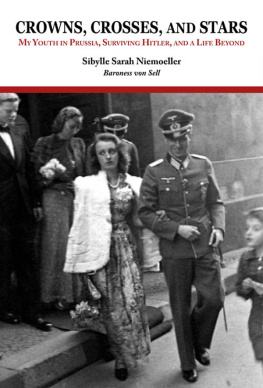
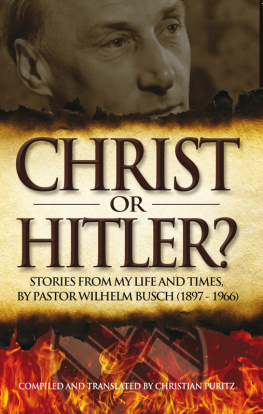

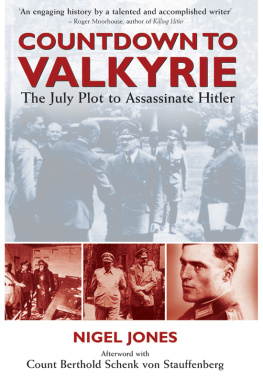
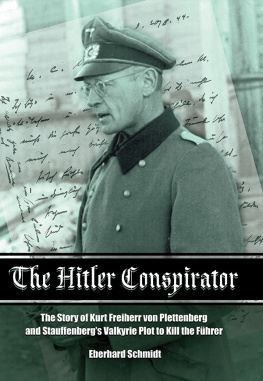
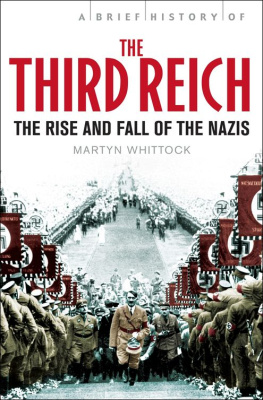
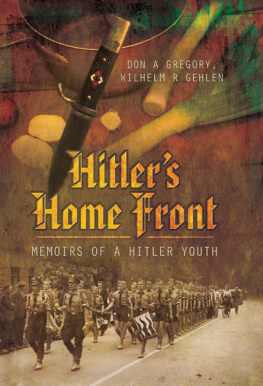
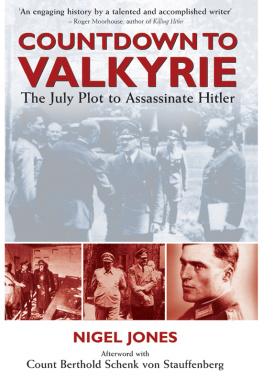
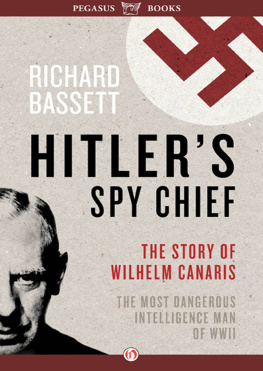
 Contents
Contents 